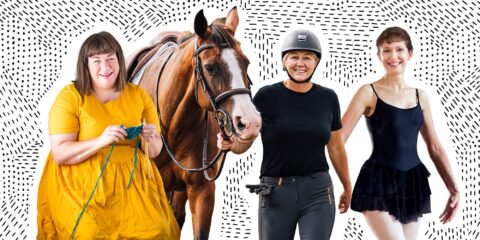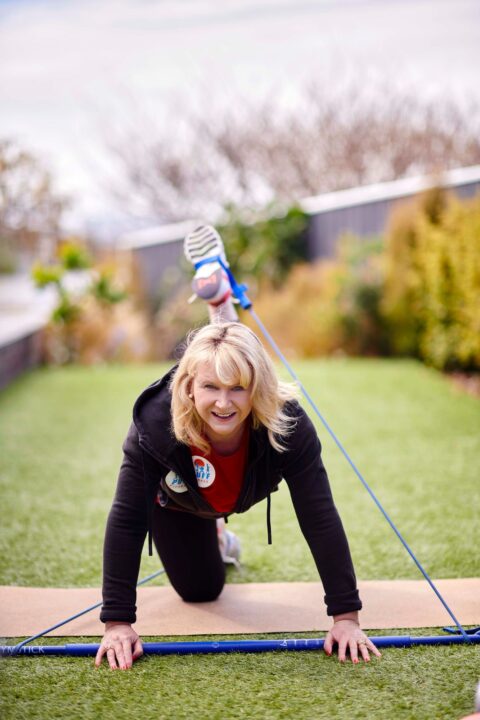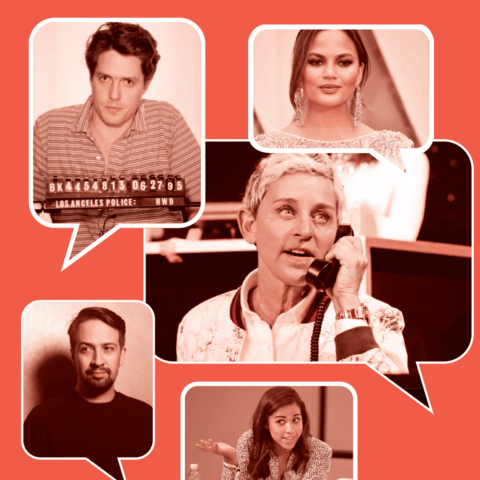You’d never use a racist term or belittle a disabled person, but could you unwittingly be guilty of discriminating against older people? Diana Clement finds out about the attitudes and language that allow ageism to flourish.
It’s the hidden “ism”. Ageism is alive and well in New Zealand society, but it doesn’t conjure up the ire that racism, sexism, ableism and many of the other “isms” provoke.
Ageism refers to the stereotypes (how we think), prejudice (how we feel) and discrimination (how we act) towards others or oneself based on age, according to the World Health Organisation.
Younger people are generally blind to ageism. But it starts to rear its ugly head after the age of 50 when people can begin to find themselves “othered”, say academics and those in the fields of health, employment, linguistics, advertising and more.
Ageism is endemic in New Zealand culture. Read, watch or listen to the media, and anyone aged 65 and over is regularly homogenised as frail “elderly”, regardless of their physical and cognitive powers. People aged over 50 are often unemployed when they’d rather be working, and blamed for younger people’s woes. The irony of ageism, says Stephen Neville, head of nursing at AUT, is that it’s prejudice against your future self.
Covid has made matters worse, says Age Concern’s Hanny Naus. When the daily Covid deaths are announced, the general feeling from the public is that older people have had a long life and their deaths don’t count.
Yet each of those people is someone’s relative and may have had 10, 20 or 30 more years of life ahead of them, says Stephen. The over-65s are not the same generation as 85- or 95-year-olds; it’s the equivalent of lumping in a 20-year-old with a 50-year-old. Many 65-year-olds have parents still alive, and may be working, volunteering, or walking and cycling the length of the country for fun or to raise money.
Pushed Out Of Work
New Zealanders are told they will need to work until they’re 70. But employers often don’t want them. Ask workers, and they say they begin to feel marginalised around the age of 50, says Maretha Smit, chief executive of Diversity Works New Zealand.
“We’re actually going backwards,” says Maretha. For example, results from the 2020 Workplace Diversity Survey showed that only 18.5 percent of organisations had age-related policies and processes. In 2021 it was down to 15.9 percent. In comparison, 90 percent of the same organisations had bullying and harassment policies in place, says Maretha.
When Diversity Works drilled down into those organisations’ age-related policies, there was a distinct move, in just 12 months, away from retraining and wellbeing policies, to an emphasis on how to retire successfully.
In general, the older an employee gets, the more difficult it becomes to get a job or promotion. The prejudice is not often overt, and it starts before candidates even get in front of the employer, says Maretha. People aged over 50 often find themselves invisible to recruitment consultants and human resources (HR) departments. Recruitment agencies and HR are becoming more aware of the issues, but hiring managers may exercise their own prejudice and stereotypes, she says.
And yet, says Maretha, there is a massive skills shortage in New Zealand at the same time as hugely experienced workers are being sidelined.
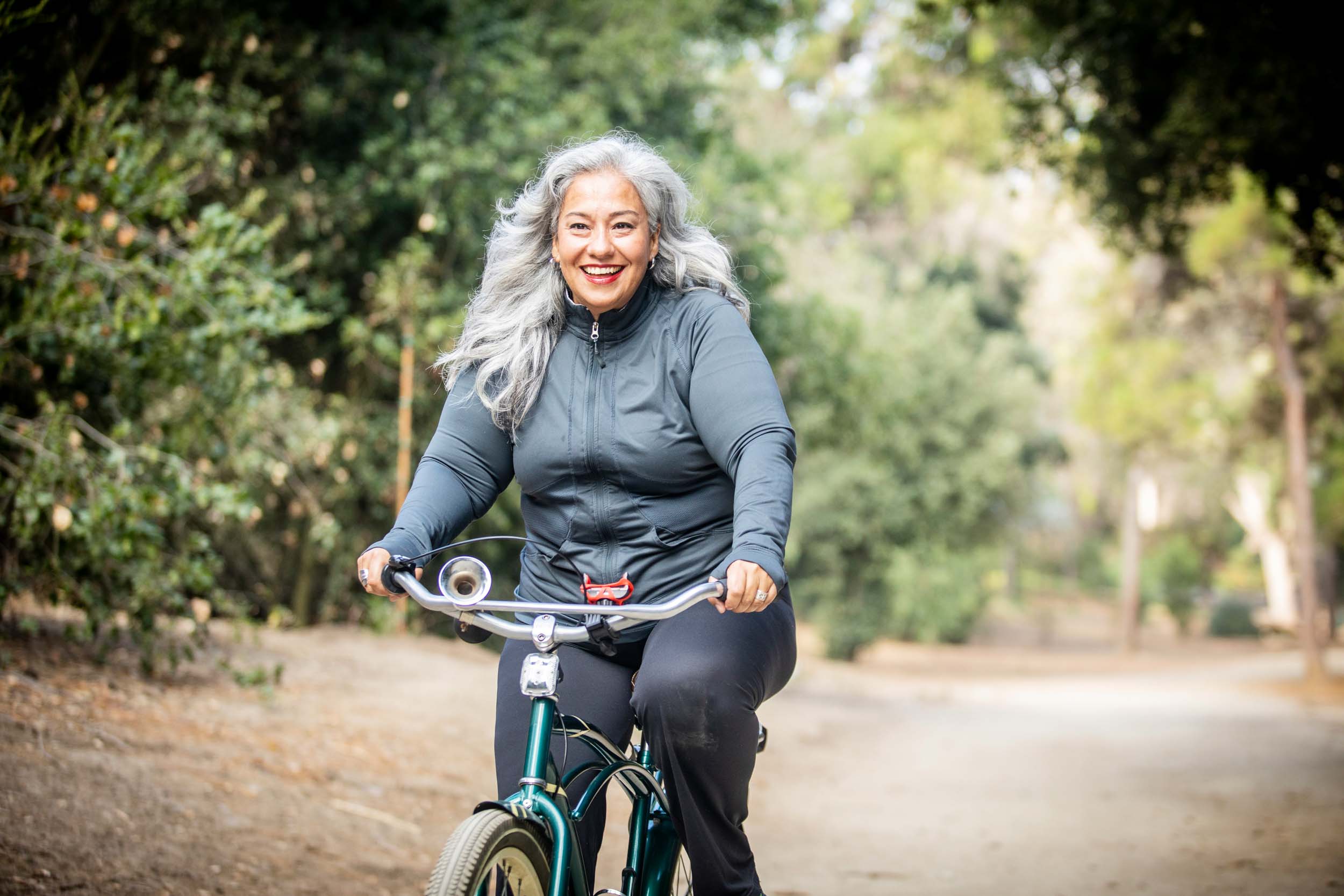

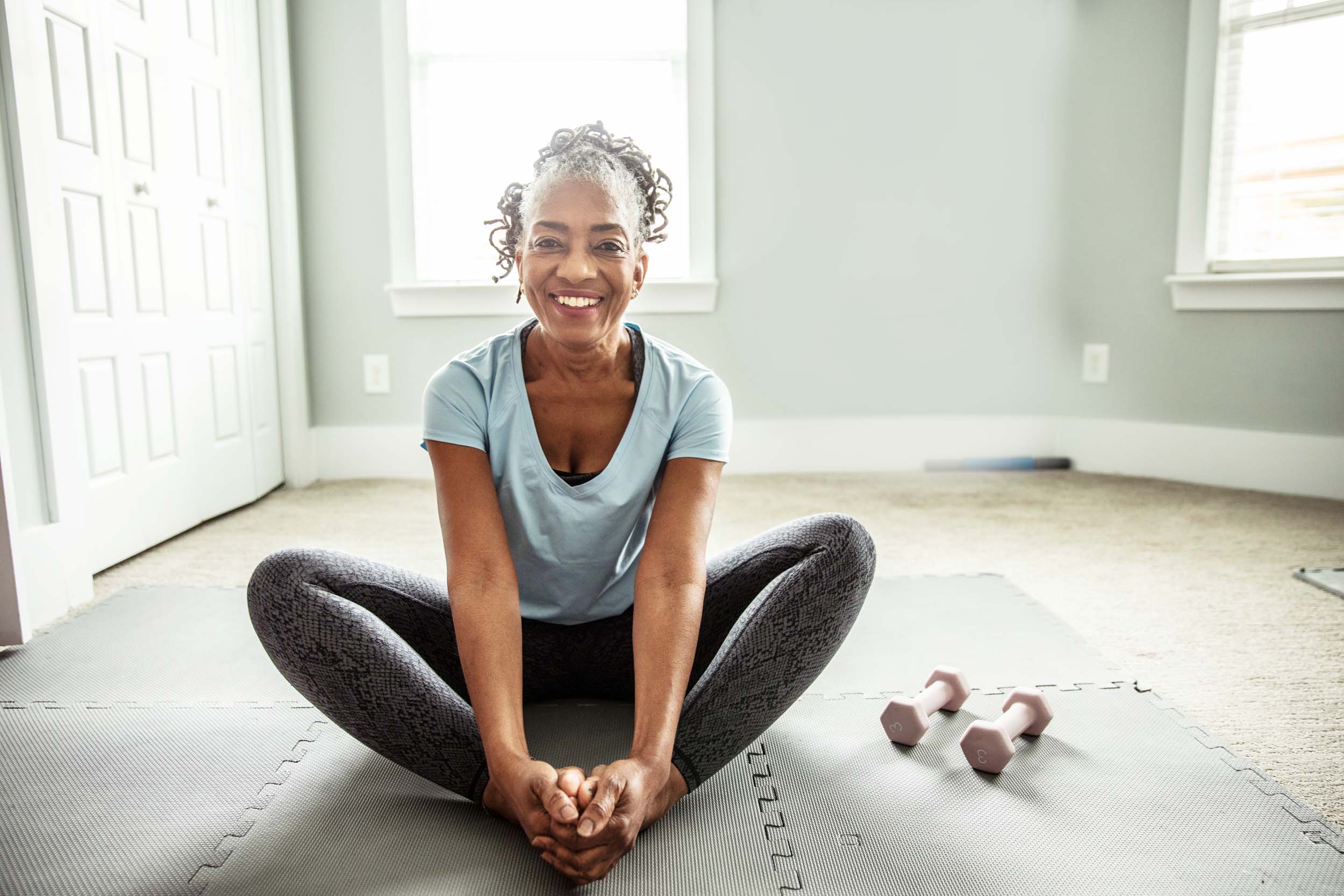
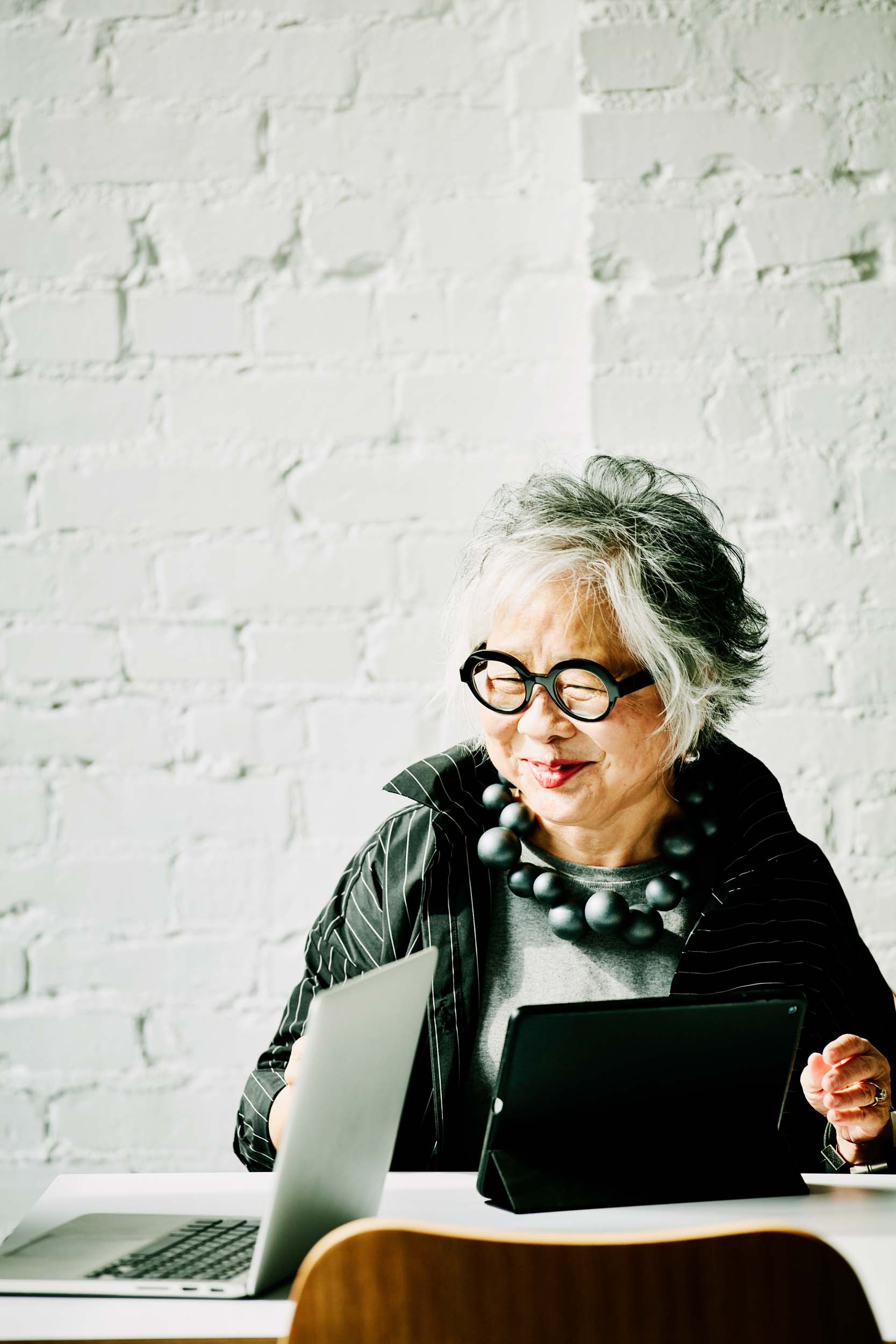
Just a burden?
In theory, New Zealand’s Human Rights Act protects everyone in New Zealand against being treated unfairly or less favourably than another person because of their age.
Yet ageism is alive and well in the health sector, says Stephen. It’s subtle but correlated with society’s attitudes towards older people, who are viewed as a burden on the taxpayer. “It’s this intrinsic, societal, negative attitude towards older people,” he says. “If you are older you don’t count.”
This negatively primes healthcare workers’ attitudes, he says. Stephen’s PhD research found that if two people of different ages required healthcare, the younger person would be given the most experienced health professional.
The rationale is that older people’s lives are worth less than those of younger people, says Stephen. Yet older individuals bought into the social contract that promised they would be cared for in their hour of need, having contributed to the economy and society in their younger years.
Ageism in care provision is huge, says Stephen. Covid highlighted the concept that care can be rationed. But long before rationing kicks in, there is missed care.
“If the staff have to look after a 20-year-old, two 40-year-olds and a 90-year-old who have had recent surgery, the staff will focus on the younger patients making sure they are physiologically stable. The older adult would be more likely to miss care. That could relate to hygiene, nutrition, hydration, mobility, medication, reassurance, psychosocial support.”
Ageism also plays out in care homes. Nurses in care homes are paid $15,000 to $20,000 less per annum, including penal rates, than their peers in public hospitals, according to the Coalition on Fair Pay for Aged Care Nurses, which is made up of nine organisations including the New Zealand Aged Care Association, Grey Power, Age Concern and the New Zealand Nurses Organisation.
What that means in practice, says New Zealand’s newly minted first Aged Care Commissioner Carolyn Cooper, is that residents’ quality of care and quality of life suffers. Unlike patients in hospitals, the residents aren’t passing through, says Carolyn. “This is where they live.”
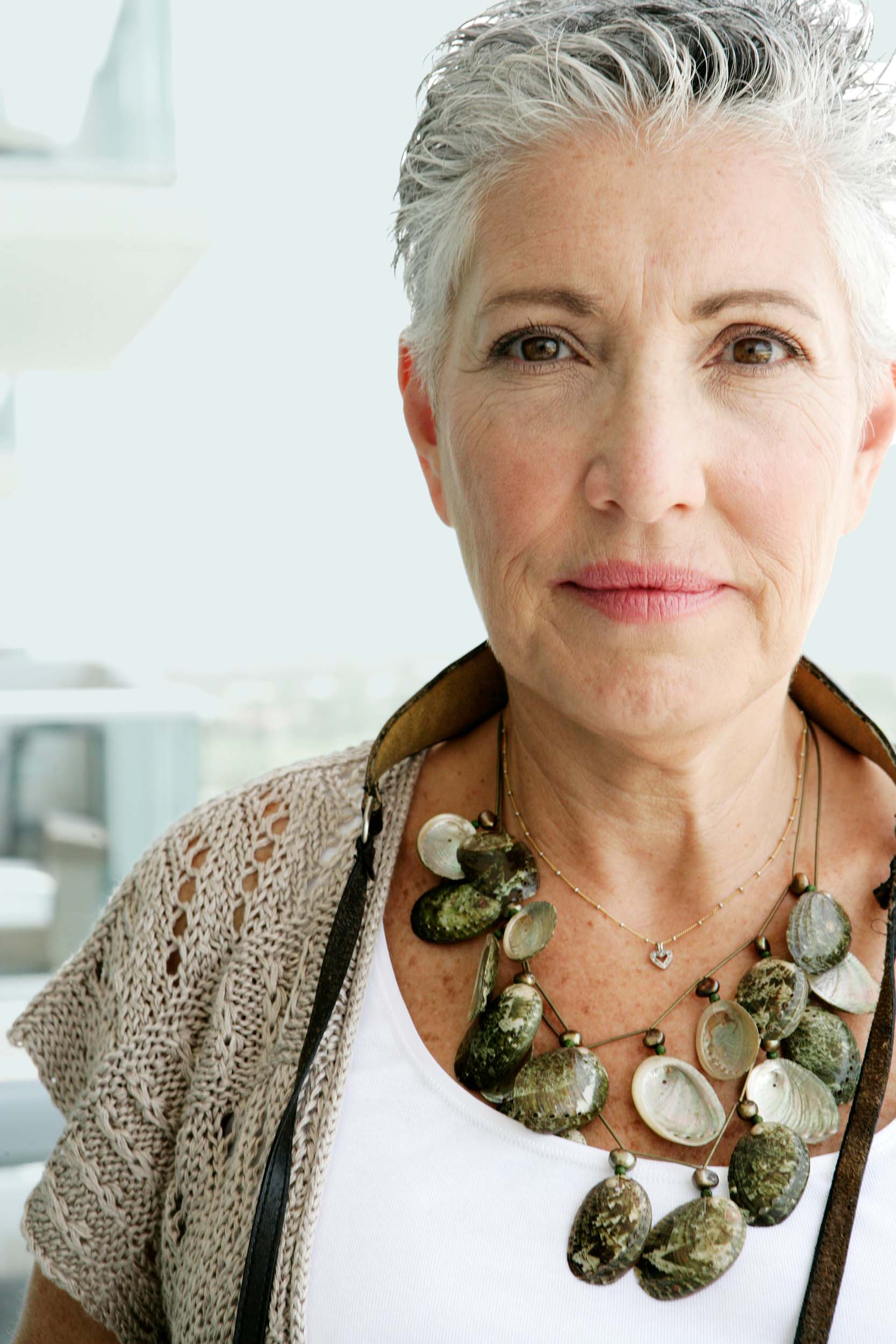
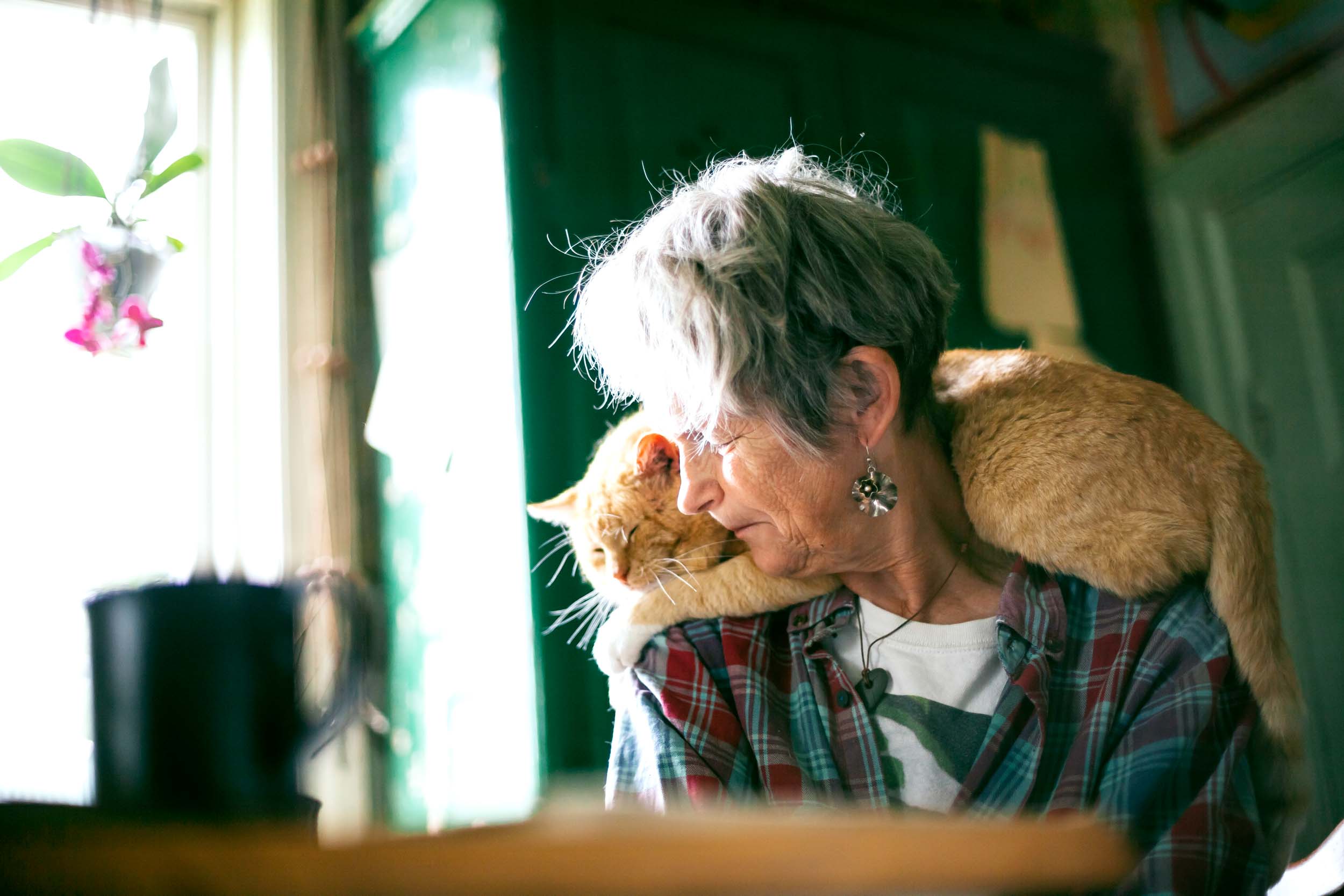
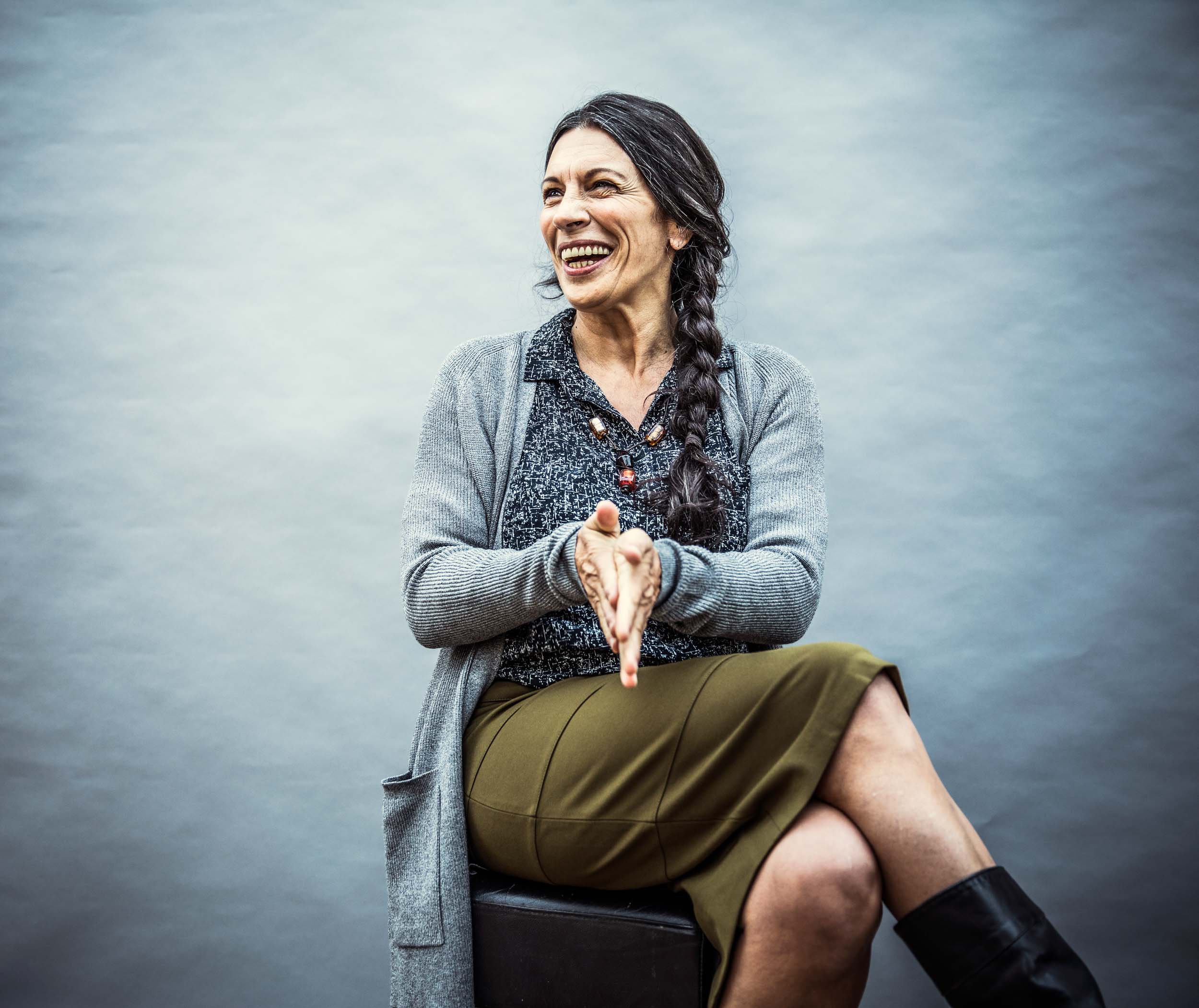
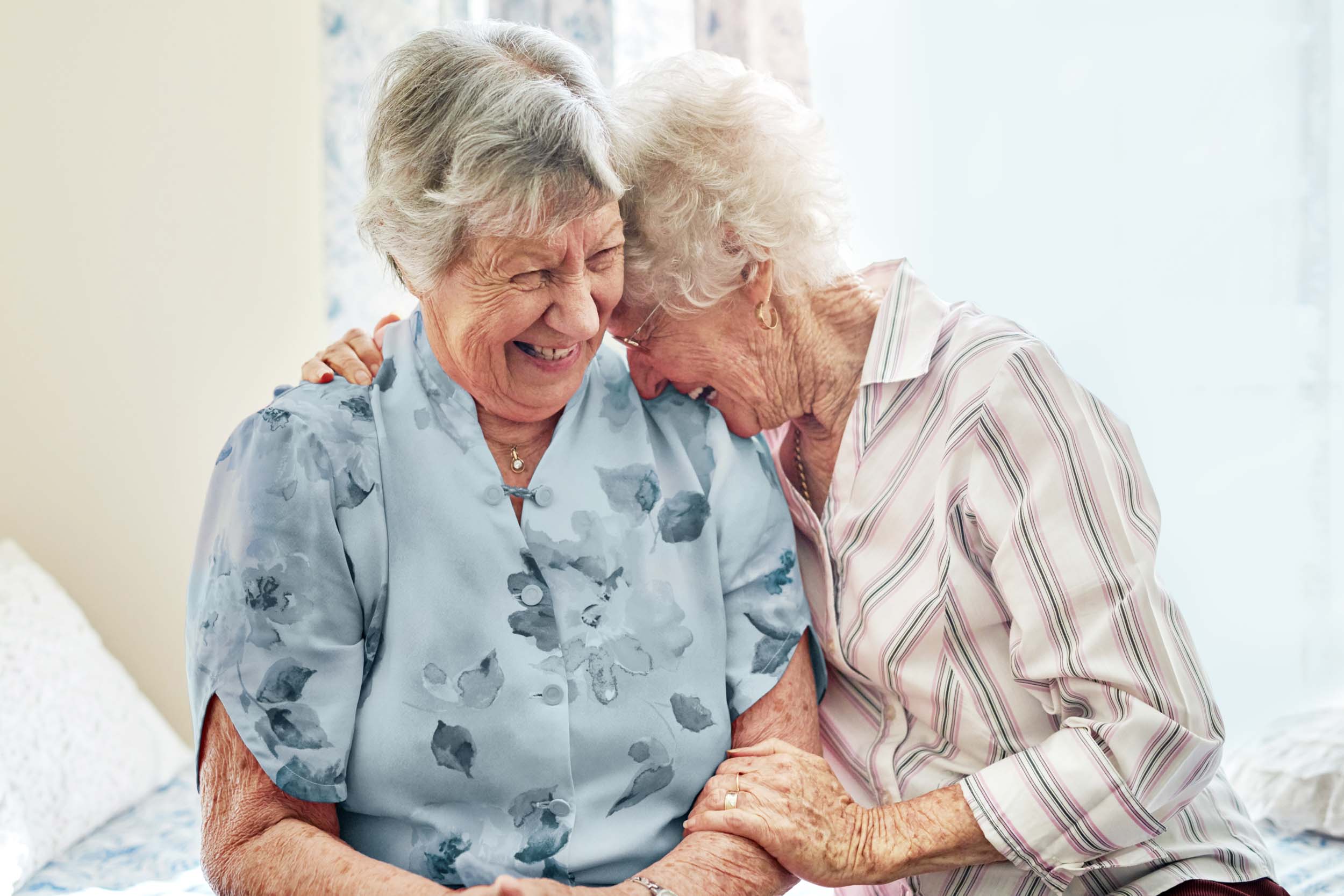
Elder Abuse
The ugliest underbelly of ageism in New Zealand lies in elder abuse. The New Zealand Longitudinal Study of Ageing concluded that one in 10 older people aged over 65 have been victims of elder abuse. Of those, nearly 80 percent suffered psychological abuse, 54 percent financial abuse, 19 percent physical abuse, 17 percent neglect, and sexual abuse 1 percent. Family members are responsible for most of the abuse; 76 percent of abusers are relatives.
“Ageism is the thing that starts the discrimination,” says Hanny. Sitting behind the abuse is the belief that older people’s experience doesn’t matter, she says. “If they get left out, or they don’t get everything that they need, well, that’s okay [in the mind of abusers].”
It starts with the older person being considered a nuisance. The family might make low-key jokes about the older person’s disconnection with the modern world. Or the person is sidelined. People might say things like: “We can’t hear you”, “Just stop moaning, that was two years ago”, “If you had a cell phone I’d call you”, “I can’t just keep popping in”, “You’re not keeping up with the play” or “You’re still talking about what happened in the past.”
“It’s actually very hurtful. It’s discounting another person’s views and experience, and it becomes a way that older people become excluded,” says Hanny. “What they’re saying is you’re not valuable. You’re not worth spending extra time on because you can’t fit into my world any more. You don’t count. It’s psychological abuse.”
Neglect of older people’s needs is common, says Hanny. “It’s not checking up on you. Not knowing if things are really going well for you.”
Once the older person becomes discounted or dehumanised, the next step can be taking advantage of their money and property.
It may be out-and-out theft, or subtler than that. They might say something like: “Gosh, why would my mum need hearing aids? She’s in a rest home. Hearing aids cost $10,000,” says Hanny.
“The implicit underlying factor here is ageism,” she says. “The practical outworking of that is anything that costs money is not valuable for an older person. The reality is, for an older person, if they can’t hear they have increasing isolation, disconnection from family and what’s going on in the world, which leads to low self-esteem and increasing depression.”
Adult children often feel they have a right to their parents’ money. It’s common for adult children to believe the parents who worked for the money don’t need it. Maybe Mum is due to get her KiwiSaver, but the family think she’s already getting NZ Super and doesn’t need that money, says Hanny. They may use access to the grandchildren as blackmail.
Hanny says older people can be manipulated into giving money to the younger generation. In the 2020s, older people are being pressured to provide house deposits from their savings for their children and grandchildren, even when they can’t afford it.
“The reality is that a lot of those people have been manipulated, psychologically abused, to give that money to younger generations to be able to provide deposits on the house,” says Hanny. “It’s much more subtle than ‘give me the money’. But there is a suggested moral obligation.”
All too often, as former All Black Zac Guildford did, they help themselves to money from older relatives’ bank accounts directly.
Moving into and slowly taking over an older person’s home, with or without permission, is also a form of financial elder abuse, says Hanny.
Although rare, Age Concern also investigates physical abuse. It may not be an older person beaten to a pulp. It’s more likely they’re grabbed and pushed and handled roughly if they can’t move fast, says Hanny. “Bruising is kind of a typical example that you see.”
Physical abuse can involve over-medication to keep the person quiet, or the person may be blocked from leaving the house or helping themselves to food when hungry.
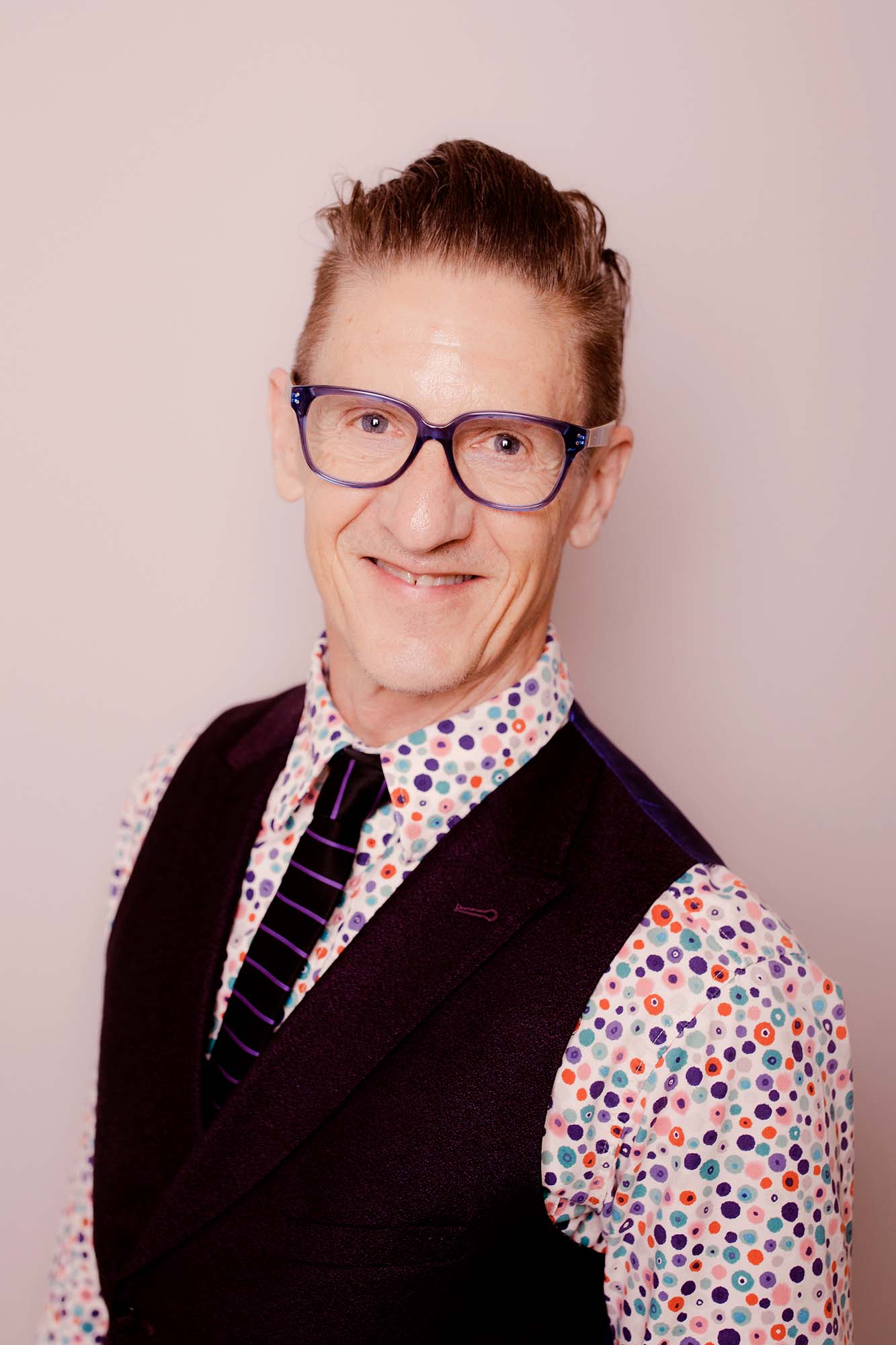
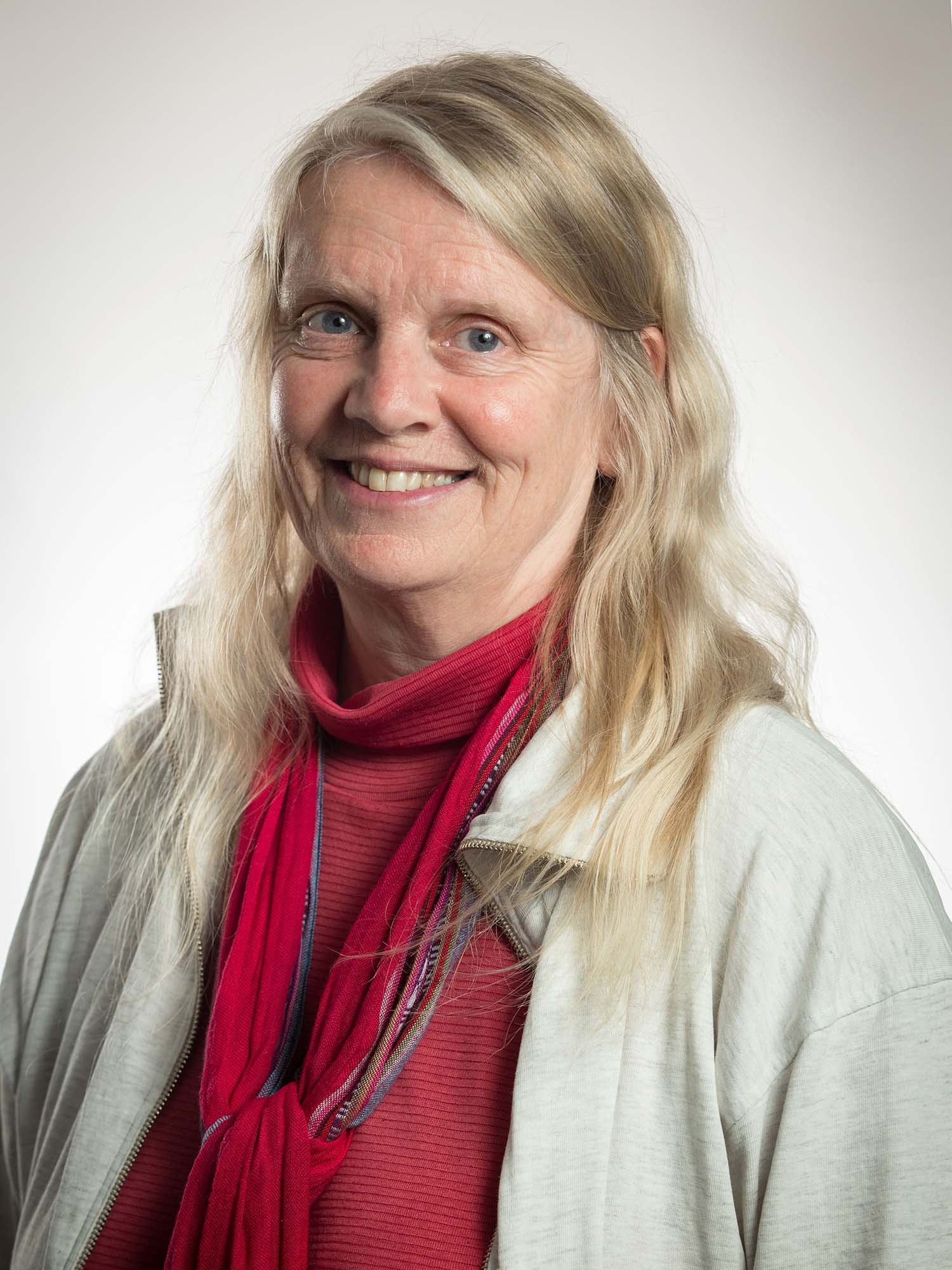
Watch Your Language
Ageism starts with the language we use, says Stephen. It sets the scene for discrimination in many aspects of life.
While racist terms have largely disappeared, it’s open season on harmful age-related language and insults that help to denigrate older people. The list of negative terms that litter our language is long. Using “old dear”, “grey tsunami”, “fogey”, “senile”, “dinosaur” and “boomer” decreases the value of older people and reinforces the idea that older people are inferior. Even the apparently innocuous term “the elderly” normalises the devaluing of a large chunk of the population, says Stephen.
The word “elderly” was the focus of Waikato University senior lecturer in adult development and adult learning, Diana Amundsen’s 2022 paper: A critical gerontological framing analysis of persistent ageism in NZ online news media: Don’t call us “elderly”! (You can read it at tinyurl.com/WaikatoElderly)
Elderly” is used indiscriminately, evokes emotion, and can be triggering for those people it stereotypes, she says. Language reflects how we think, feel and act about older people, Diana says. “It’s at the core.”
Diana’s research hasn’t made her friends. “You’ll immediately get a lot of people who will jump to the defence of the term ‘the elderly’ and say: ‘No, no, no, I’m using that in a respectful way,’” says Diana.
She doesn’t buy the argument that we have to have a label for older people, especially one that is as pejorative as “elderly”. “What it’s doing is it’s othering older adults,” she says. “It’s putting them in an ‘other’ group that is not part of mainstream society.”
Diana analysed 6690 uses of the phrase “the elderly” in New Zealand online media before, and during the first lockdown. Of those uses, 74 percent were predominantly negative, depicting people as vulnerable, declining, inferior and a burden.
The articles often referred to “the elderly” in relation to financial implications in respect of using up healthcare services and pensions, when that money could otherwise be available for the rest of society.
“This is not a trivial finding,” says Diana. She cites a Dutch study on aged-based stereotypes. The 2015 study found that ingrained stereotypes led to harassment and abuse of older people.
The Young Suffer Too
When Green MP Chlöe Swarbrick uttered the two words “Okay boomer” in parliament, she singlehandedly struck a huge blow for intergenerational conflict. It othered an entire generation of people.
Ironically, the words were uttered in frustration at serial ageism aimed at her in parliament. “If people can’t see the relevancy in me responding to someone about age, after being yelled at about mine in the midst of a speech about how climate change isn’t theoretical to my generation or the zoomers, then I really hope they’ve never made a comment about ‘young people these days’.”
It’s not just parliament where ageism rears its ugly head. Younger people are also discriminated against in other settings, says Maretha. Organisations consider employees fit for purpose from around age 25 to 55, and expect to have to pay to train them outside that range. Then there’s the idea that millennials and other younger generations are lazy and narcissistic – showing that it’s not just older people affected by ageist stereotypes.
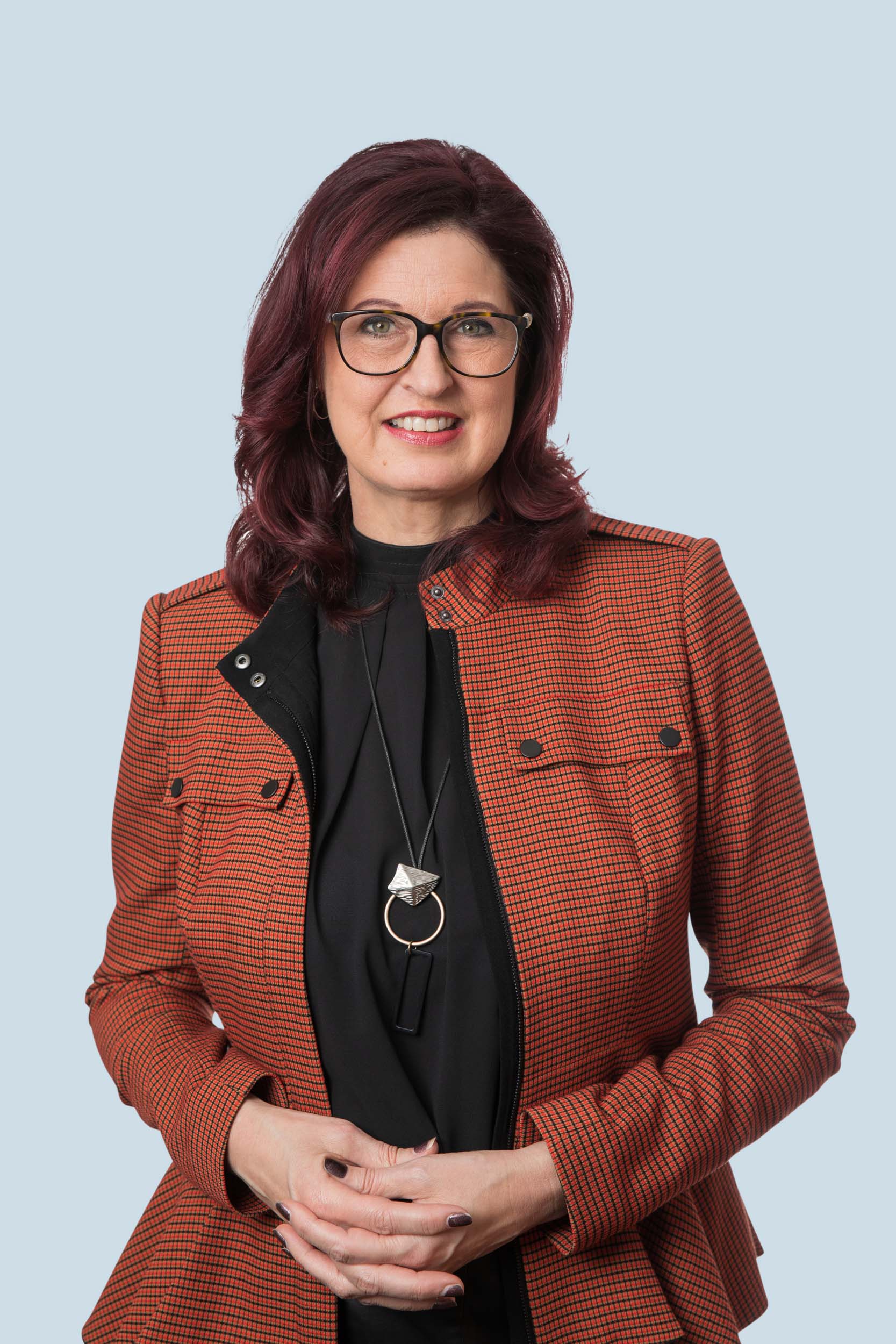
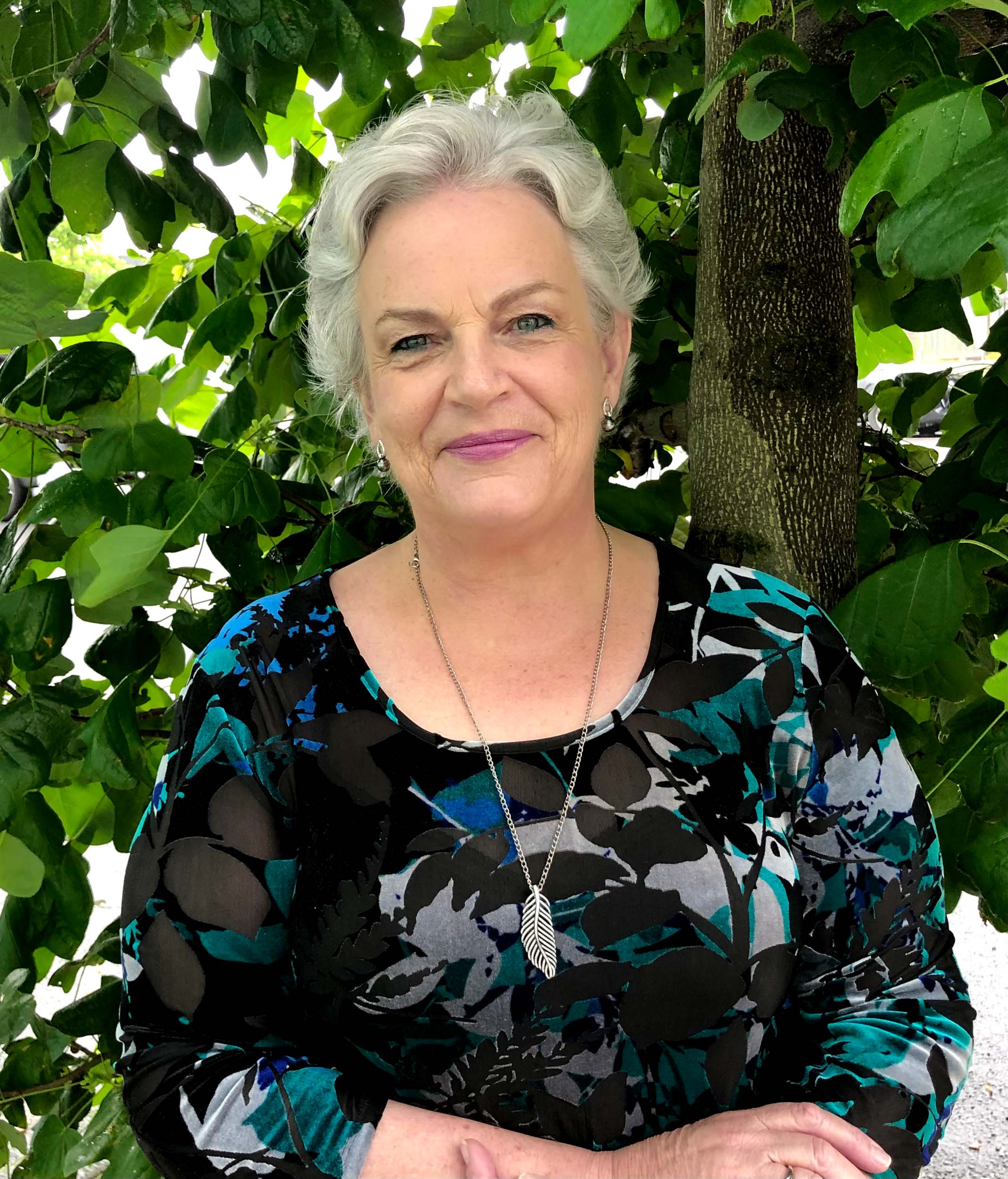
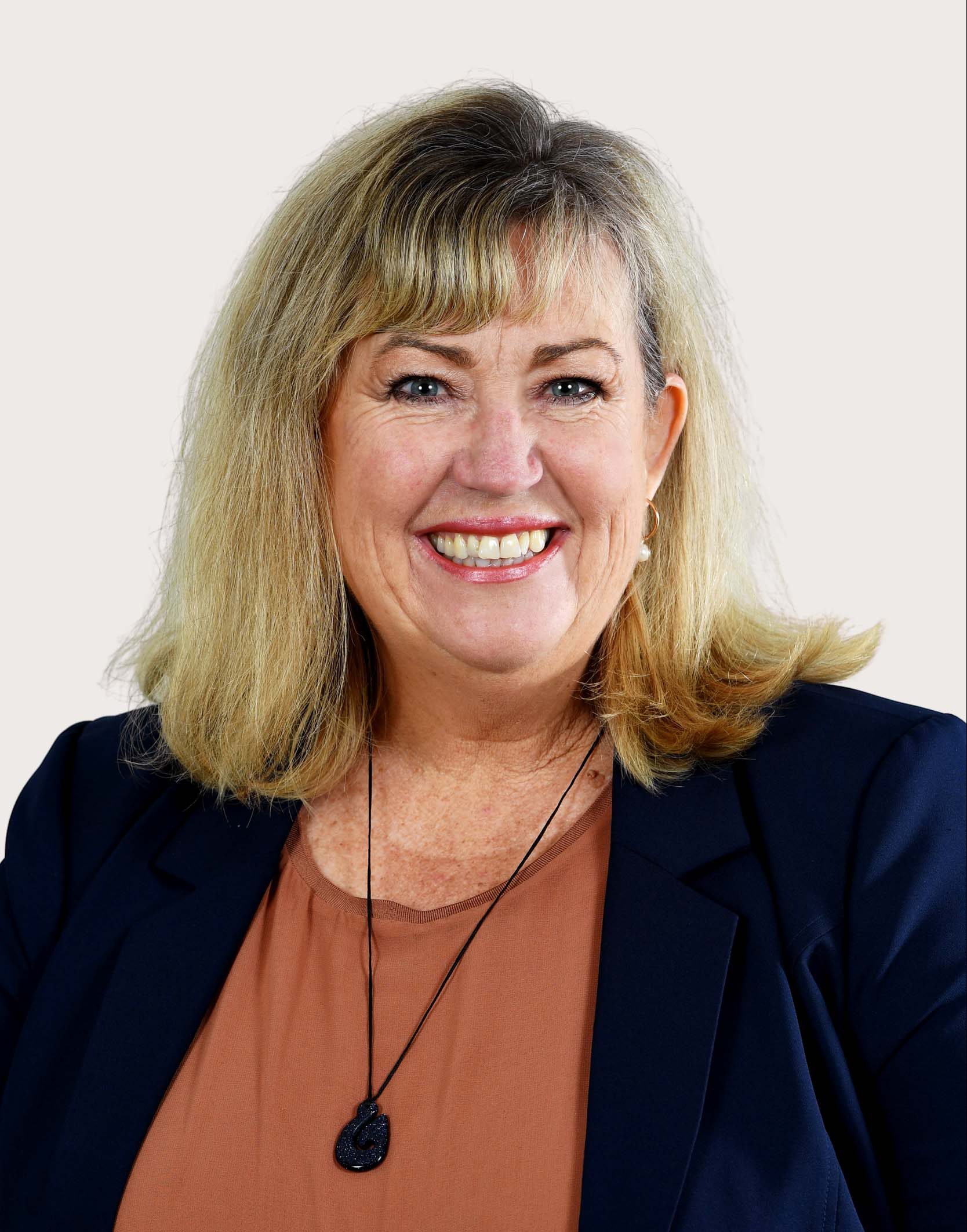
How To Fight Ageism
Overcoming ageism starts with individuals. Steps on the journey include:
- Rethink age. Stop idolising youth and perceiving old age as negative.
- Don’t lump all over-65s together. Celebrate their diversity.
- Educate yourself about how ageism plays out.
- Address the unconscious bias and start with your own use of language and attitudes.
- Stop yourself using ageist metaphors and phrases such as “fighting ageing”, “you don’t look your age” or “you can’t teach an old dog new tricks”.
- Don’t use loaded terms when talking about people of any age. There is no need to label people with words such as “elderly”, “pensioner” or “millennial”. Use their age instead. The person is “75”, not “elderly”.
- Learn more about age-inclusive language by reading the New Zealand Government’s guide, which can be viewed at tinyurl.com/AgeInclusiveLanguage.
- Reframe people in terms of what they have contributed to society through their lifetime, not what they consume now.
- Call out ageism when you see it.
- Share more inclusive and positive images of older adults. Most 65-year-olds don’t use walkers or stoop or need others to care for them.
- Mix with a wider range of ages. Intergenerational bonding breaks down the stereotypes of younger people about older people and vice versa.
- Involve older and younger people in decision-making. All generations, both young and old, have experience to contribute.
- Ask after older relatives and friends to see if their needs are being met.
Diana Clement is a freelance journalist who specialises in writing about personal finance, property investment and the secrets of being a financially savvy spender.


